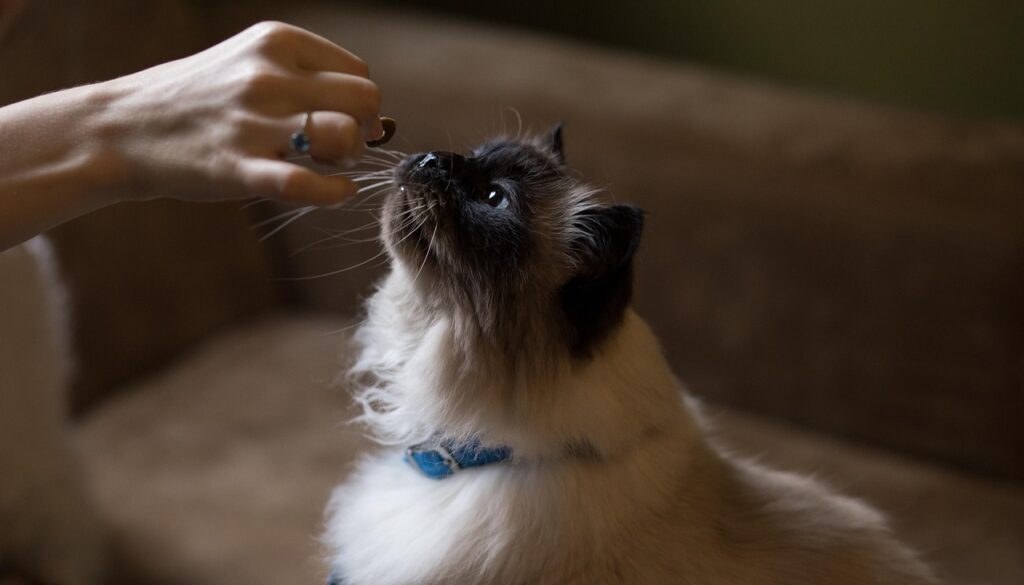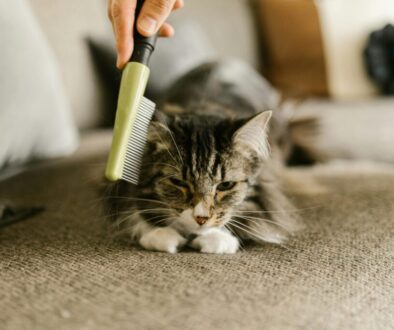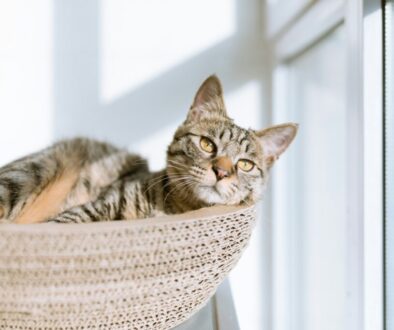Dietary Challenges: Fussy Eaters and Food Allergies in Cats
If you’ve ever stood in the pet food aisle, overwhelmed by choices while imagining your cat turning their nose up at all of them, you’re not alone. Feeding cats can sometimes feel like a guessing game, especially when they’re fussy or dealing with allergies. In this post, we’ll explore common feeding issues, how to spot food allergies, and practical steps to keep your feline friend both happy and healthy.
Understanding Fussy Eating in Cats
Cats are creatures of habit—and that includes their eating preferences. Some develop picky habits simply because they’ve grown accustomed to a particular texture, flavour, or feeding routine. Others may be fussy due to environmental changes, stress, or underlying health issues.
Common causes of fussiness:
- Sudden change in diet
- Stress or anxiety (e.g. new home, visitors, loud noises)
- Dislike of food texture (e.g. chunks in jelly vs pâté)
- Dental pain or digestive discomfort
- Boredom with repetitive meals
If your cat is skipping meals or sniffing their food and walking away, it’s worth investigating further.
Signs Your Cat Might Have a Food Allergy
Food allergies are less common than environmental ones, but they do occur—and they often go undiagnosed. Allergic reactions typically involve a protein source (like chicken or beef), but grains and additives can also be culprits.
Symptoms to watch for include:
- Persistent itching or scratching
- Skin inflammation or hair loss
- Chronic ear infections
- Vomiting or diarrhoea
- Scooting or licking around the anus
If your cat displays these symptoms and your vet rules out other causes, a food allergy could be the reason.
Trial and Error: Finding the Right Diet
When it comes to cat food, there’s rarely a one-size-fits-all answer. Finding the right food may take time, especially if your cat has developed strong preferences or sensitivities.
Tips for navigating food trials:
- Introduce new foods gradually over 7–10 days
- Offer a mix of wet and dry food for variety
- Stick to a feeding routine to reduce stress
- Avoid too many treats or human foods that may unbalance the diet
- Monitor your cat’s reaction to each new food and note any changes
In cases of suspected food allergies, your vet may recommend an elimination diet, where you feed a novel protein (like duck or rabbit) or a hydrolysed protein diet and monitor symptoms.
When to Seek Veterinary Advice
If your cat refuses food for more than 24–48 hours, or shows signs of weight loss, vomiting, or diarrhoea, always consult your vet. Prolonged food refusal can lead to hepatic lipidosis, a serious liver condition. Similarly, allergy testing or prescription diets should be done under veterinary supervision to avoid nutritional deficiencies.
Final Thoughts
Feeding your cat should be a source of bonding and care—not stress. With a bit of patience, observation, and support from your vet, even the fussiest eaters or most sensitive tummies can find a meal they love. Remember, every cat is unique. What matters most is finding a solution that works for your feline companion.




